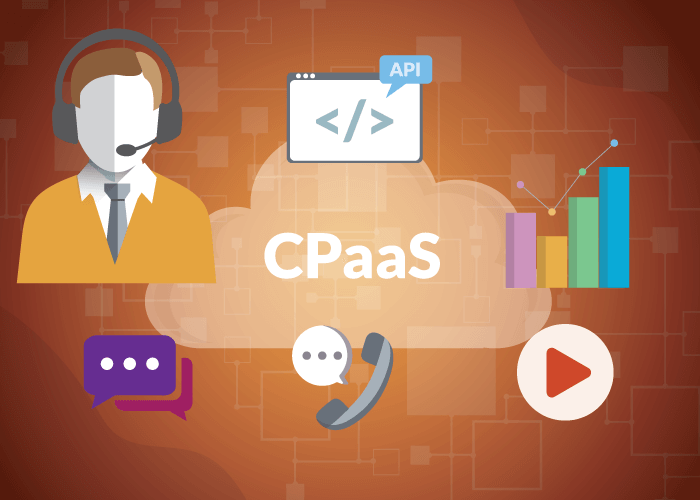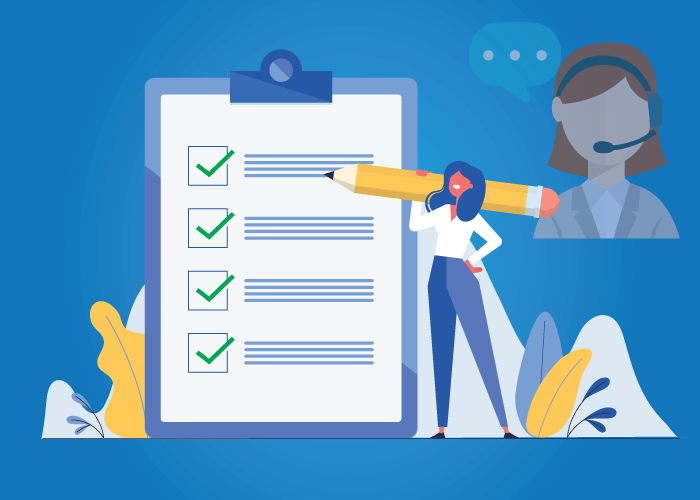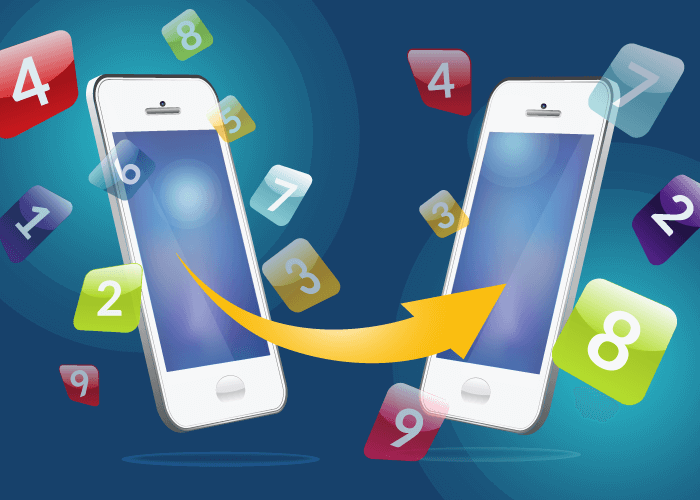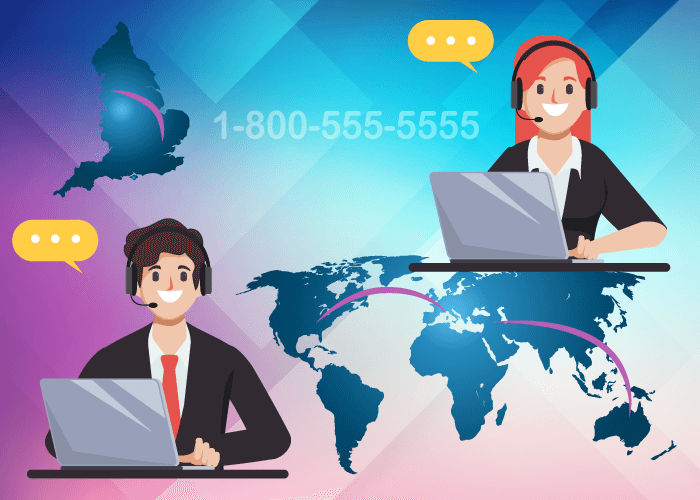Hotel and Hospitality Overview
There has been record-breaking growth in the travel and hospitality industry in recent years. In 2015, business travel grossed $1.2 trillion, five percent more than in 2014. In the US, the growth rate of leisure bookings was significantly better than that of the Gross Domestic Product (GDP). This was due to renewed consumer confidence and a shift in household spending from goods to services. Deloitte projects travel and hotel industry growth to continue through 2017.
Factors that are helping to reshape the travel landscape include global economic shifts, innovation, geopolitical turmoil, pandemics, and rising consumer demands. In 2016, major hotel groups, including Marriott, Hilton and InterContinental, reported steady earnings. However, online purveyors, such as Airbnb, will present significant challenges to sectors of the industry sustaining growth in 2017.
Cyber attacks and data breaches are expected to increase. Food safety incidents in hotel restaurants, will also be more common due to the demand for locally sourced, organic foods. Hotel personnel should expect consumers to have increased expectations in the coming year. Non-travel brands like Amazon, Starbucks and Seamless feature innovation and speedy services to consumers, and they will be expecting the same from their travel hosts.
Hotels need to harness the power of mobile for their guests to remove pain points and improve their travel experience. Streamlining business processes will help in that regard and result in reduced operating costs. In addition, hotels should shift to enabling technologies to benefit from the Internet of Things (IoT), which is the internetworking of connected and mobile devices, smart devices, sensors, electronics, computers, machines, etc.
Stay Connected to Your Markets
Stay connected to your markets using virtual phone numbers. Virtual phone numbers are local phone numbers and toll free numbers. Your customers call these numbers, and international call forwarding services connect those calls to your virtual call center or virtual phone number.
Global Call Forwarding provides its core service to various luxury hotel brands. One particular subscriber has two toll free numbers in North America and six local phone numbers servicing the following areas around the world.
- Caribbean, Mexico, and Central and South America
- Europe, Middle East and Africa
- Asia Pacific
- China
- India
- Japan
When club members call local phone numbers or toll free numbers, they feel they are dealing locally. However, they may be connecting to virtual call centers or virtual phone systems halfway around the globe, through the “magic” of international call forwarding.
Global Hotel Rankings by Rooms
In 2016, Marriott acquired Starwood Hotels giving Marriott the largest number of rooms in the world. The following table shows the top 10 hotel groups worldwide at the end of 2016 and their respective number of rooms.
| Hotel Group | Number of Rooms |
| Marriott + Starwood | 1,108,852 |
| Hilton Worldwide | 751,350 |
| IHG | 744,368 |
| Wyndham Hotel Group | 678,042 |
| Jin Jiang + Plateno + Vienna Hotel Group | 572,340 |
| Accor Hotels + & FRHI | 554,517 |
| Choice | 507,483 |
| Home Inns | 321,802 |
| Best Western | 311,870 |
| Huazhu | 278,843 |
Tourism Outlook for Philippines, Indonesia, Thailand and the United States
Here are the latest projections for these hot tourism areas.
Philippines
Business Mirror projects an upward trend of the hospitality industry in the Philippines until 2018. A vibrant influx of foreign investment is partially fueling this trend. According to the Department of Tourism, foreign tourist arrivals have been rising since 2015. Much of the increase is due to Korean and American travelers.
Business and domestic market travel are also increasing. The business portion is due to meetings, conventions and exhibitions. The gaming industry is also generating growth. For example, Entertainment City in Parañaque City by the Philippine Amusement and Gaming Corporation is helping to make the Philippines a top tourist destination in the world.
Foreign hotel brands are moving into the country to capitalize on this business increase. The aggregate supply of rooms may reach 18,000 in 2017 and 20,000 by 2018.
Indonesia
Indonesia has 12 major hotel markets: Bali, Bandung, Bintan, Bogor, Jakarta, Lombok, Makassar, Medan, Palembang, Semarang, Surabaya, and Yogyakarta. Market performance varies from market to market. However, from 2015 to 2016, Revenue Per Available Room (RevPAR) had been declining because room supply was outpacing demand.
However, HVS Indonesia Hotel Watch 2016 predicts that demand will surpass incoming room supply in the leisure and upscale market segments. For Jakarta and Bali market segments, the Compound Annual Growth Rate (CAGR) in RevPAR was 5.1% and 5.8%, respectively. Secondary markets (Bogor, Makassar and Surabaya) will suffer a RevPAR performance dip due to the addition of branded midscale and budget rooms. Bandung, Lombok and Palembang will become hot markets due to their short-term demand outlook. Considering all Indonesian markets, room supply in 2015 was 71,970 rooms. In 2018, there will be 93,930 available rooms. That is a 14.2% increase in CAGR.
Thailand
According to the US News and World Report, Thailand ranks high in the following categories: Business Opportunities, Heritage, Best Country for Investment, Adventure, and Rising Economy. Thailand is Southeast Asia’s second-largest economy because of tourist spending mainly from China. The six major airports in Thailand are handling a record number of travelers. Furthermore, for newcomers to Bangkok, Ritz Carlton Residence Bangkok, Waldorf Astoria, and Novotel Bangkok Sukhumvit 20 will be adding 5,500 additional rooms to the city.
United States
STR Hospitality Net sees slower growth for the US hotel industry through 2017. Projections suggest a drop in occupancy but increases in demand, supply, RevPAR, and Average Daily Rate (ADR) for rooms.
Have you had good experiences traveling to these countries? Any travel plans for 2017? We would love to hear your thoughts.





